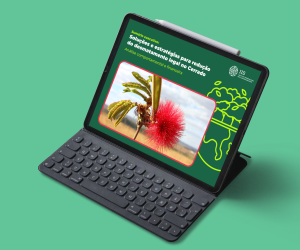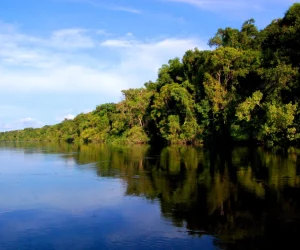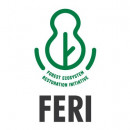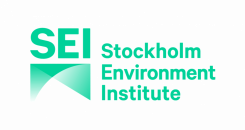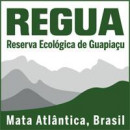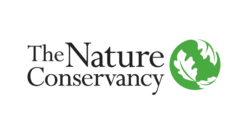Climate change
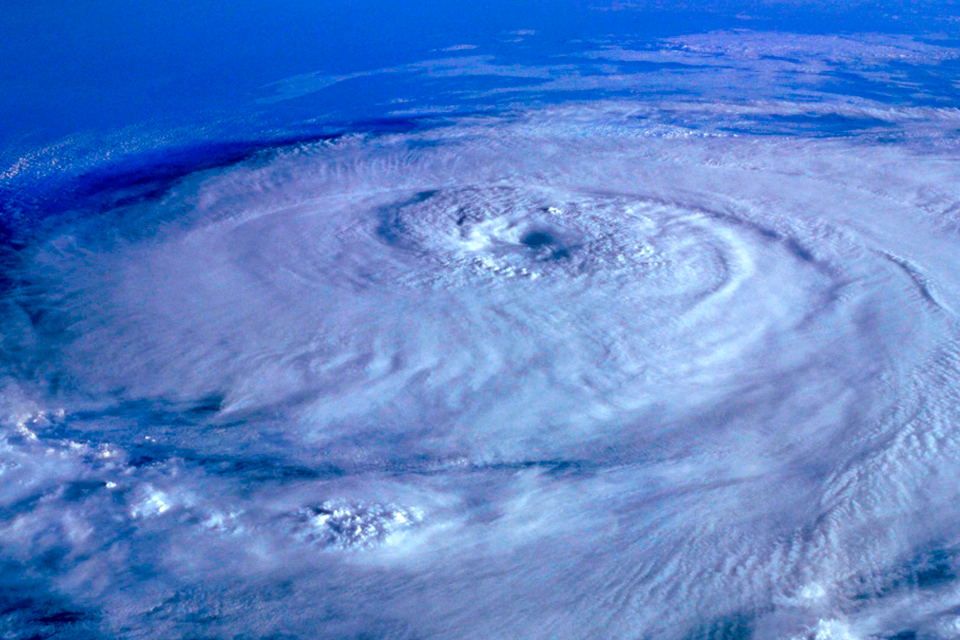
The global climate change is one of the biggest problems facing humanity today.
The complexity of the scientific understanding of this phenomenon introduces a high degree of uncertainty, making it challenging to identify adaptation strategies, especially in cities.
To support decision-makers, IIS develops projects and research in the climate agenda. Our involvement spans from participation in the development of Adaptation Plans and studies on risks and vulnerabilities to climate change, to the mitigation of impacts through the implementation of projects focused on the restoration and conservation of Brazilian ecosystems.
Related Content

07.01.25
IIS completes 15 years of history, impact and achievements!

07.01.25
For the third consecutive year, Bernardo Strassburg is elected one of the most influential researchers in the world
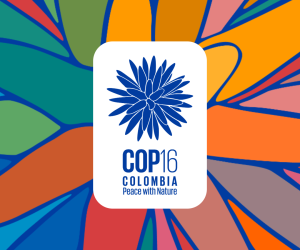
18.10.24
IIS participates in the COP 16 on Biodiversity in Cali, Colombi
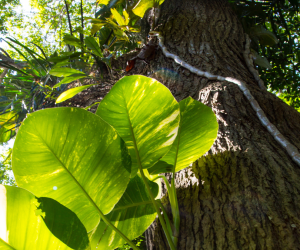
Boosting Assisted Natural Regeneration: Solutions for Mato Grosso and Pará

08.10.24
IIS Researcher Stella Manes Selected for Climate Leadership Program in New York
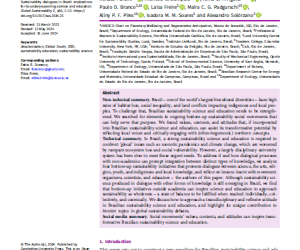
Sustainability dialogues in Brazil: implications for boundary-spanning science and education
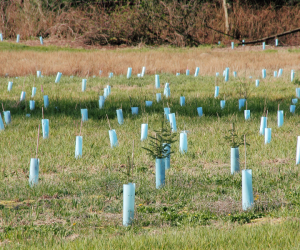
What are Nature-Based Solutions (NbS) and what are their benefits?
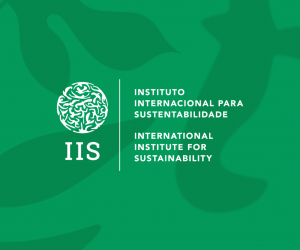
New Brand Positioning and Blog Launch
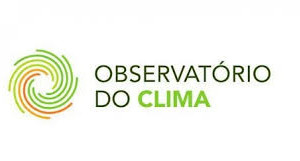
05.06.24
IIS is now a member of the Climate Observatory
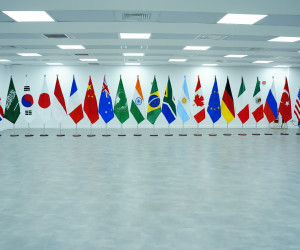
06.05.24
IIS is part of group that will make recommendations for the G20
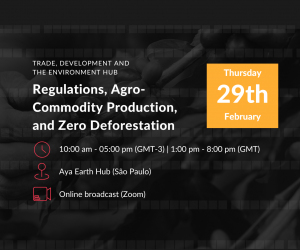
09.02.24
Video: Regulations, Agro-Commodity Production, and Zero Deforestation
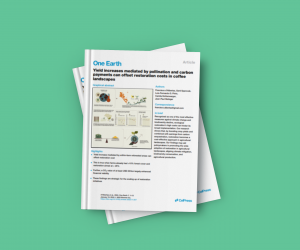
Yield increases mediated by pollination and carbon payments can offset restoration costs in coffee landscapes
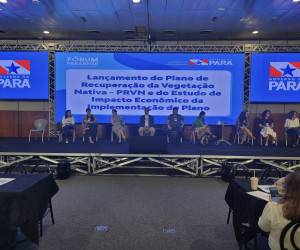
21.12.23
Now it’s law: Pará must restore vegetation on 5.6 million hectares
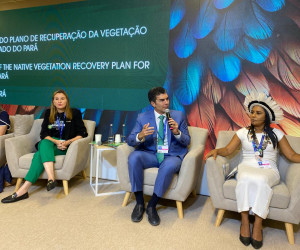
20.12.23
During COP 28, Pará launches a plan co-led by IIS to restore the Amazon
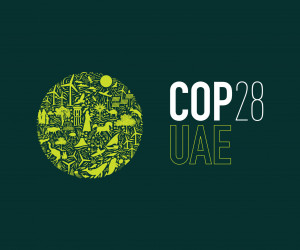
20.12.23
COP 28 Climate Summit: Acknowledging Progress, Facing Challenges, and Brazil’s Role for a Sustainable Future
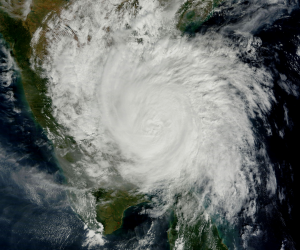
20.12.23
COP 28: What is it, and what is its importance in combating climate change?
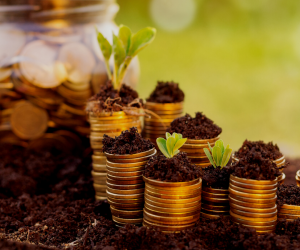
20.12.23
After all, what is the Carbon Market and how does it work?
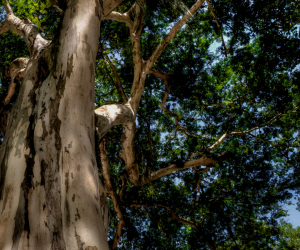
20.12.23
How do the conservation and restoration of ecosystems contribute to the climate agenda?
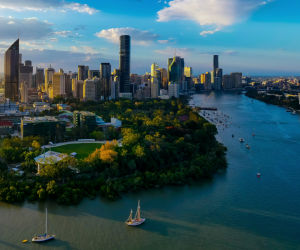
20.12.23
What are NbS and what are their contributions to mitigation and adaptation in the face of climate change?
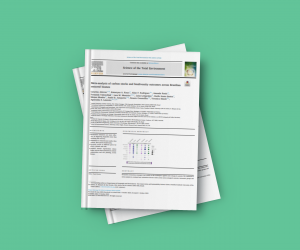
Meta-analysis of carbon stocks and biodiversity outcomes across Brazilian restored biomes
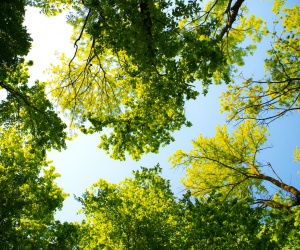
Framework to guide the mitigation of natural disasters through Nature-based Solutions
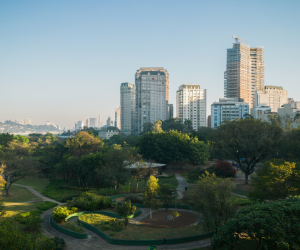
15.09.23
IIS is one of the winners of the “Biodiversity and Ecosystem Services Scenario Modelling Challenge”

13.04.23
Video: PLANGEA Web International Launch
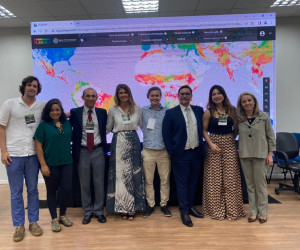
13.03.23
IIS launches online platform with priority areas for ecosystems conservation and restoration around the world
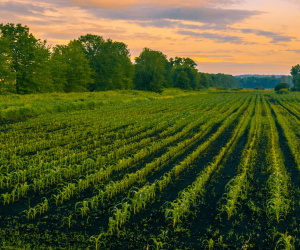
Carbon Market for small and medium-sized Brazilian rural properties
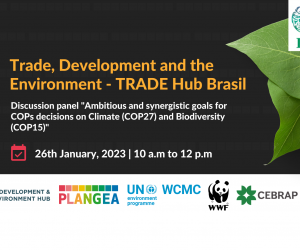
17.01.23
Video: discussion panel “Ambitious and synergistic goals for COPs decisions on Climate (COP27) and Biodiversity (COP15)”
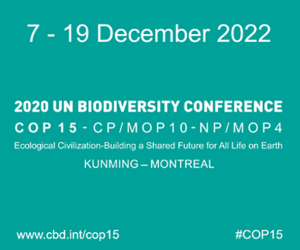
06.01.23
IIS contributes to different targets of the Post-2020 Global Biodiversity Framework (Post-2020 GBF)
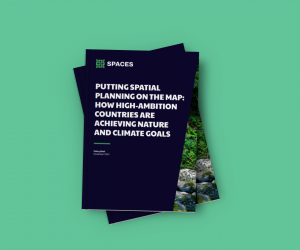
Putting spatial planning on the map: how high-ambition countries are achieving nature and climate goals
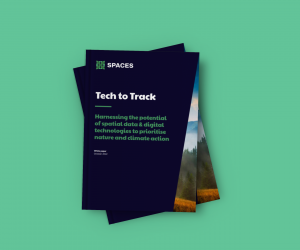
Tech to Track: Harnessing the potential of spatial data & digital technologies to prioritise nature and climate action

27.10.22
Wildlife populations face fast decline in Latin America
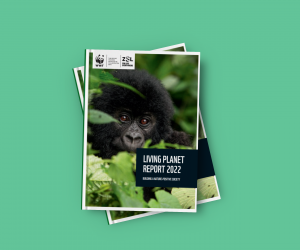
Living Planet Report 2022: building a nature-positive society

IIS-re.green partnership to restore at least 1 million hectares of forests

SPACES: spatial intelligence for climate and nature

18.05.22
CSRio Seminar: Solutions for cities: a successful case study of a polluted city in Europe

04.02.22
Bernardo Strassburg, Executive Director of IIS, listed as one of the best scientists in the world by Stanford University and Elsevier
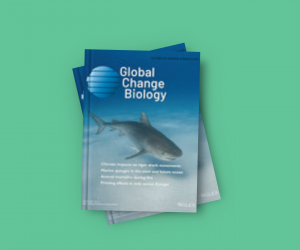
How do we best synergize climate mitigation actions to co-benefit biodiversity?
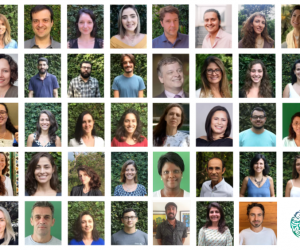
21.12.21
What have we learned in 2021? – IIS Retrospective
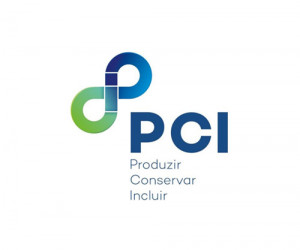
Economic and financial analysis of the investment opportunities in the state of Mato Grosso arising from the PCI Strategy
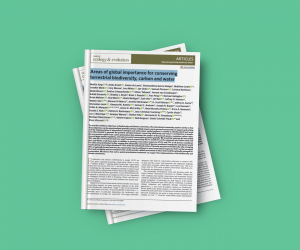
Areas of global importance for conserving terrestrial biodiversity, carbon and water
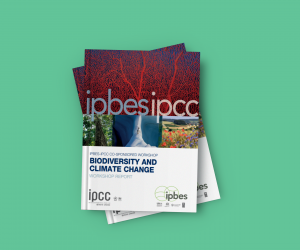
IPBES-IPCC co-sponsored workshop report on biodiversity and climate change
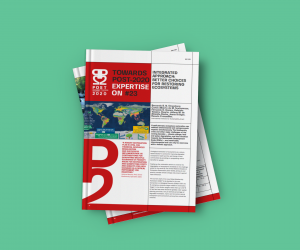
Expertise on #23 – Integrated approach: better choices for restoring ecosystems
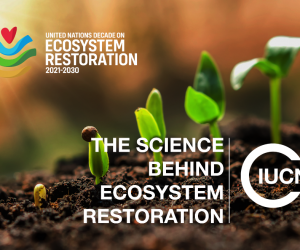
28.05.21
World Environment Day and the launch of the Decade of Ecosystem Restoration
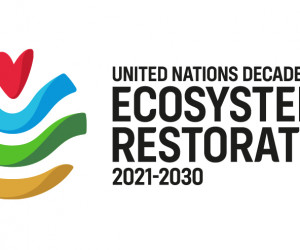
28.05.21
IIS in the UN Decade on Ecosystem Restoration
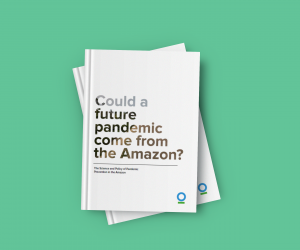
Could a future pandemic come from the Amazon?

26.02.21
Which landscapes should we restore first?
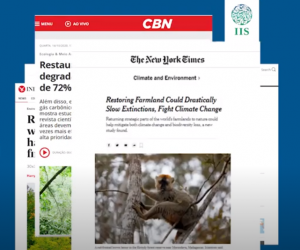
09.02.21
2020 in retrospective

Science: Set ambitious goals for biodiversity and sustainability

14.10.20
Bernardo Strassburg interview about the study “Global priority areas for ecosystem restoration”

Nature: Global priority areas for ecosystem restoration
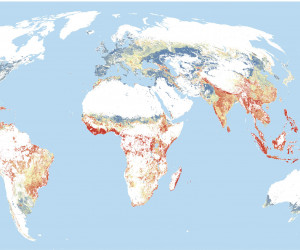
14.10.20
Restoring 30% of the world’s ecosystems in priority areas could stave off more than 70% of projected extinctions and absorb nearly half of the carbon built up in the atmosphere since the Industrial Revolution
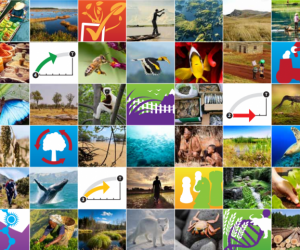
18.09.20
Humanity at a crossroads, says UN Global Biodiversity Outlook 5
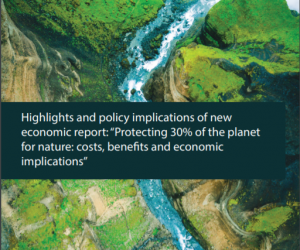
09.07.20
Economic Benefits of Protecting 30% of Planet’s Land and Ocean Outweigh the Costs at Least 5-to-1
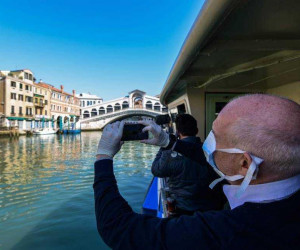
24.03.20
Empty streets and reduced pollution: Environment benefits from coronavirus expansion

27.02.20
“From disaster risk reduction to ecosystem-based adaptation in favelas” – CSRio seminar welcomes Ebba Brink
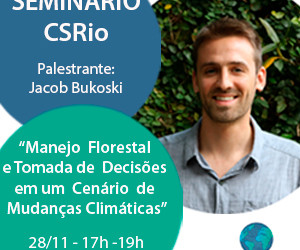
02.12.19
Forest Management and Decision-making Under Rapid Global Change – CSRio seminar welcomes Jacob Bukoski
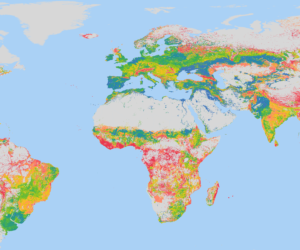
PLANGEA: Strategic Land Use Planning
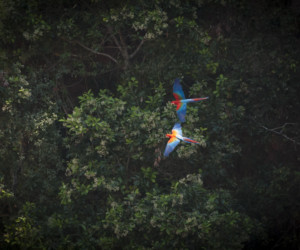
GEF Private Areas – Conserving biodiversity and rural landscapes
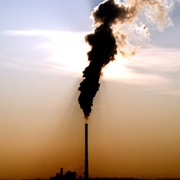
Economics of climate change in Brazil

Sustainable Rural Development in Paraitinga River Basin, São Paulo State
Evaluating the impact of future actions in minimizing vegetation loss from land conversion in the Brazilian Cerrado under climate change
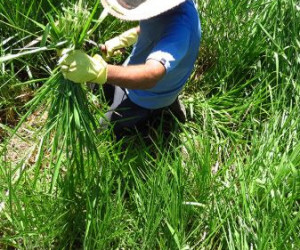
25.09.19
Soil quality and cleaner atmosphere
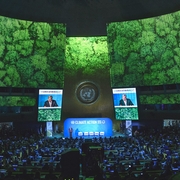
23.09.19
IIS launch summary at UN Climate Change Summit
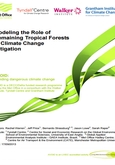
Modeling the Role of Remaining Tropical Forests in Climate Change Mitigation
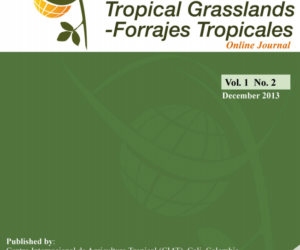
Challenges and opportunities for improving eco-efficiency of tropical forage-based systems to mitigate greenhouse gas emissions
A large-scale field assessment of carbon stocks in human-modified tropical forests
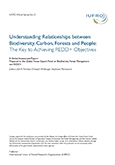
Understanding relationships between biodiversity, carbon, forests and people
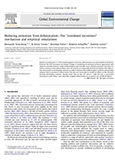
Reducing emissions from deforestation—The ‘‘combined incentives’’ mechanism and empirical simulations
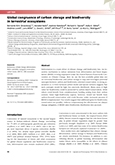
Global congruence of carbon storage and biodiversity in terrestrial ecosystems
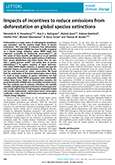
Impacts of incentives to avoid emissions from deforestation on global species extinctions

04.07.19
Brazil is the country with the greatest potential for regeneration of tropical forests
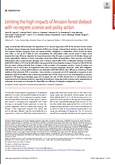
Limiting the high impacts of Amazon forest dieback with no-regrets science and policy action
25.03.19
Algorithm helps in the restoration of the Atlantic Forest
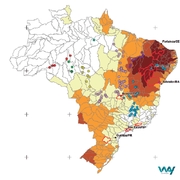
Climate Change, Critical Infrastructures in Brazil and Economic Damages (Portuguese only)
08.01.19
Atlantic Forest: where it is worth to restore
30.12.18
Research help Atlantic Forest
19.12.18
Algorithm indicates the best places to restore the Atlantic Forest
19.12.18
Restoration with agriculture – New methodology indicates that reconciling recovery of the Atlantic Forest with interest of the farmer can reduce costs and increase benefits
18.12.18
Optimizing restoration can deliver an eightfold increase in cost-effectiveness
18.12.18
Brazil could save more species at half the cost with new forest restoration plan
17.12.18
Brazlian researcher presents novel approach to identify optimal priority areas for restoration in Atlantic Forest hotspot
17.12.18
Restoration where it pays off
12.12.18
Brazil conservation plan could save three times the species for half the money
15.04.16
Centre for Conservation and Sustainability Science is inaugurated
10.01.16

